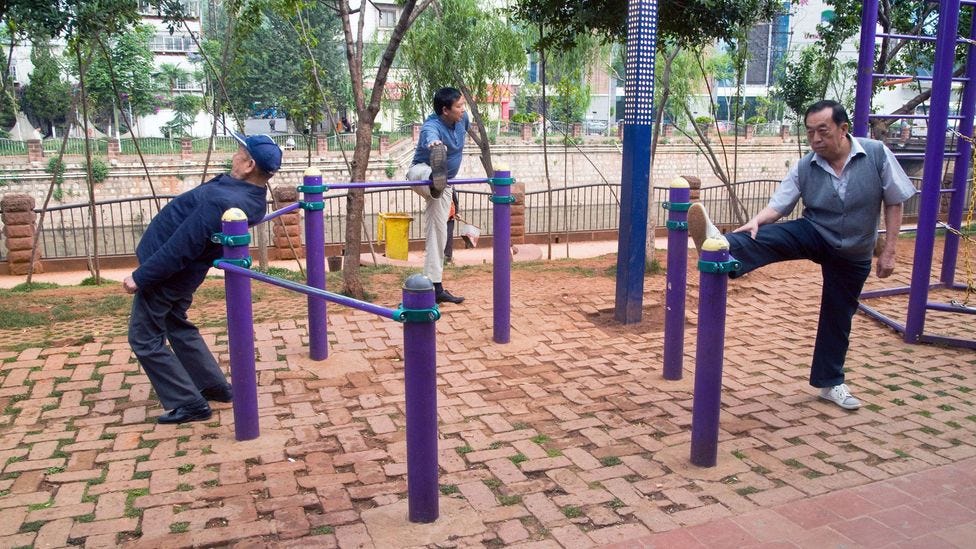China Seeks Another Way to Raise its Falling Birthrate
Importing millions of brown Asians as nannies isn’t likely to help
China, growing increasingly concerned over its low birthrate, now among the lowest in the world at 1.3 per female, has hit on a new idea for reversing it: serfdom. The nation’s women are in short supply for reproductive purposes partly because of pro-male gender selection, now at 106 males to 100 females, which is a natural concomitant of a ruling Polit…
Keep reading with a 7-day free trial
Subscribe to Asia Sentinel to keep reading this post and get 7 days of free access to the full post archives.

